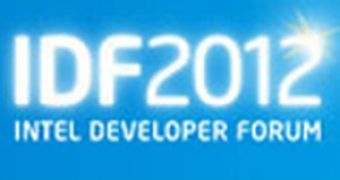Just like its initiative with the UHD resolution that we reported on here, Intel is trying to improve users’ experience in many diverse ways and one of the company’s interesting approaches is voice recognition.
Right now, Apple is enjoying a lot of popularity and praise for its Siri voice recognition feature and Intel considers this to be a proven case for a feature that’s clearly desired by users.
During this year’s IDF event in San Francisco, California, Intel reportedly demonstrated a Siri-like software solution that actually had several advantages over Google’s voice search engine and worked overall better than Apple’s Siri.
The solution is able to correctly recognize names of non-English authors and we consider this to be an impressive gimmick.
Intel is not only demonstrating the technology, but it will also provide a beta option in the following months and by Q 2012, users will be able to play with it themselves.
Voice recognition takes quite a bit of computing performance, but these days computers are powerful enough to handle it fluently and the advantages are quite impressive with respect to general productivity.
The very fast user interaction that voice recognition enables is truly impressive and this is one of the few actually useful features that may be added to a future line of notebooks.
The only productivity-related problem that might arise is the fact that the user must be somewhat isolated from other workers that use the voice recognition feature, as one might command the other’s computer.
Personal voice imprint recognition may also be implemented in future versions and this would solve such problems, as only the owner of the computer will be able to command it.
As we’ve already reported here, computers are now able to practically see using sound waves and are also able to recognize and listen to a single person in a crowd, but the human factor must also be taken into consideration.
On the other hand, voice imprint or not, several workers talking with their computers in the same office space will probably create some confusion and one might disturb the other and that’s exactly where the previously mentioned human factor comes in.

 14 DAY TRIAL //
14 DAY TRIAL //